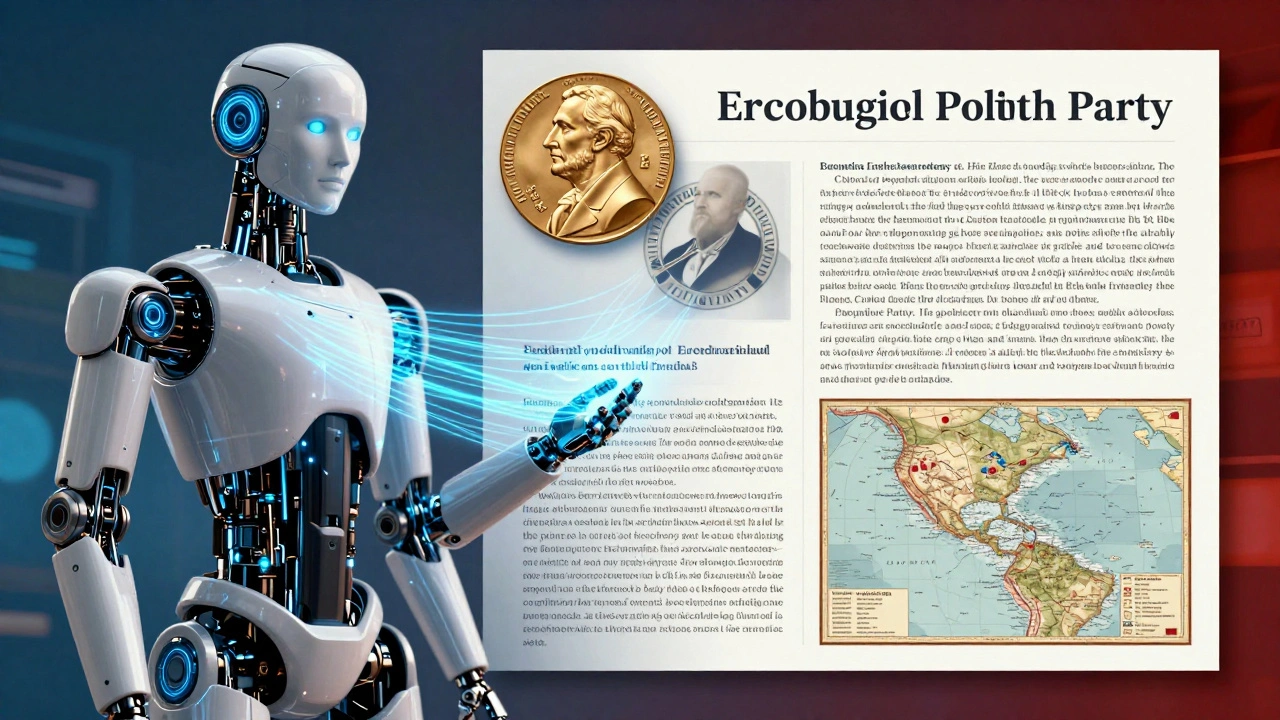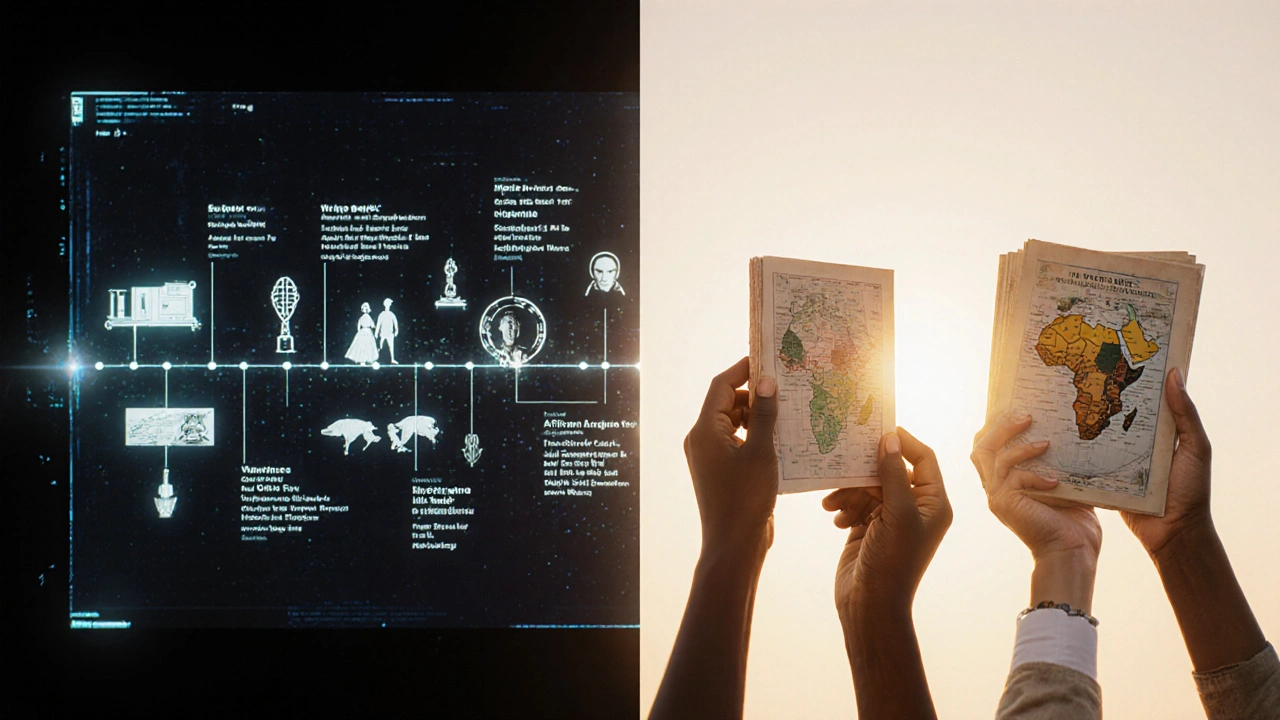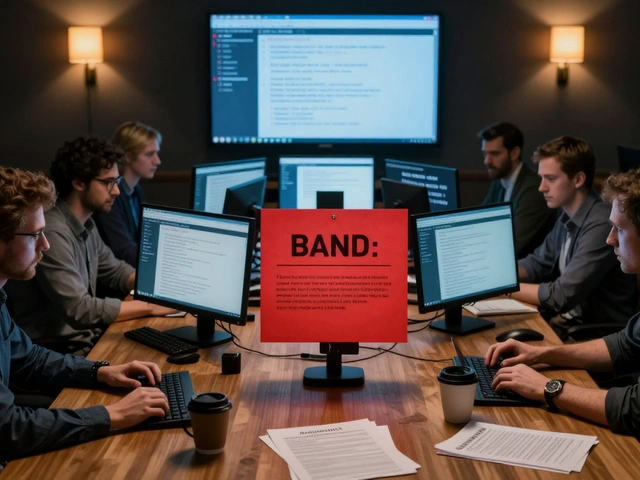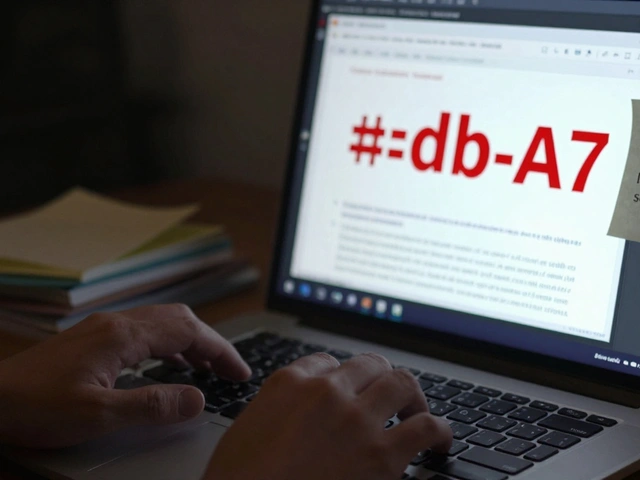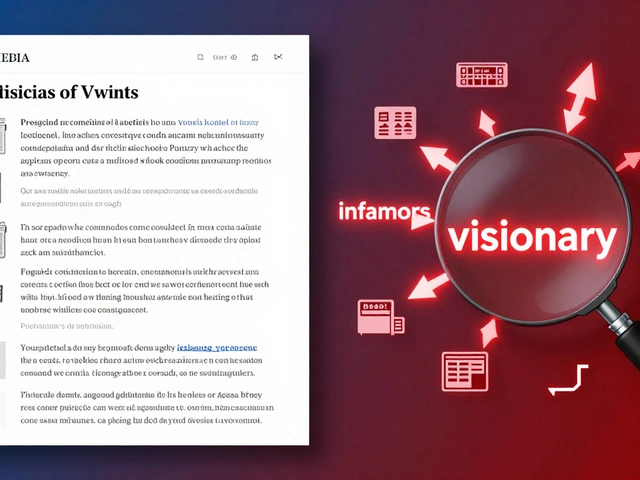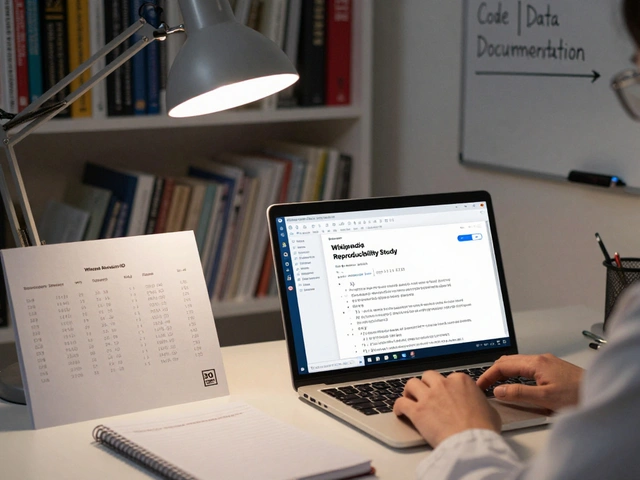AI bias on Wikipedia: How automated systems shape what you read
When you search for something on Wikipedia, you’re not just seeing human-written text—you’re seeing the result of AI bias, the way automated systems unintentionally favor certain perspectives, languages, or groups over others. Also known as algorithmic bias, it shows up when bots, filters, and recommendation tools quietly reinforce existing gaps in knowledge—like leaving out local events in developing regions or dismissing sources from non-Western media. This isn’t science fiction. It’s happening right now in the background of every edit, every article deletion, and every bot-reverted change.
Wikipedia’s Wikipedia bots, automated programs that handle routine tasks like fixing links or undoing vandalism are essential. They revert thousands of edits a day. But when those bots are trained on data that reflects historical imbalances—like a bias toward English-language sources or Western institutions—they start treating non-Western voices as "unreliable" by default. That’s not because the content is wrong. It’s because the system doesn’t recognize it as valid. Meanwhile, Wikimedia Foundation, the nonprofit that supports Wikipedia’s infrastructure and policy direction is trying to fix this with AI literacy programs and new tools to detect biased patterns. But progress is slow, and the real work still falls on volunteers who often don’t even know they’re fighting invisible bias.
It’s not just about what gets deleted. It’s about what never gets written. A study of African language Wikipedias found that topics covered in English often ignore local context entirely—because the bots used to flag "low-quality" content were trained on English Wikipedia norms. A Nigerian community’s detailed account of a local protest might get flagged as "unsourced" because the only local news site isn’t in English. Meanwhile, a Western news outlet’s take on the same event, even if less accurate, gets accepted because it matches the system’s idea of "reliable." This isn’t malice. It’s automation mirroring the world’s existing power structures.
And it’s not just bots. The same bias shows up in how editors vote on article deletions, how policies are written, and who gets elected to governance roles like the Arbitration Committee. If most active editors come from the same regions, with the same education, and speak the same languages, the rules they create will naturally favor their perspective. That’s why the push for more diverse editors isn’t just about fairness—it’s about accuracy. Knowledge isn’t neutral. And when AI helps decide what counts as knowledge, it carries all the blind spots of its creators.
What you’ll find below are real stories from inside Wikipedia’s trenches: how editors are spotting AI-driven erasures, how communities are pushing back with new tools, and how the fight to keep knowledge open is also a fight against hidden code. These aren’t abstract debates. They’re about who gets remembered—and who gets erased—when machines help write history.
AI-Generated Articles in Grokipedia: Accuracy, Bias, and Accountability
Grokipedia's AI-generated articles offer speed and scale but carry risks of factual errors, hidden bias, and no accountability. Learn how to spot inaccuracies and use them safely.
Ethical AI in Knowledge Platforms: How to Stop Bias and Take Back Editorial Control
Ethical AI in knowledge platforms must address bias, ensure editorial control, and prioritize truth over speed. Without human oversight, AI risks erasing marginalized voices and reinforcing harmful stereotypes.
